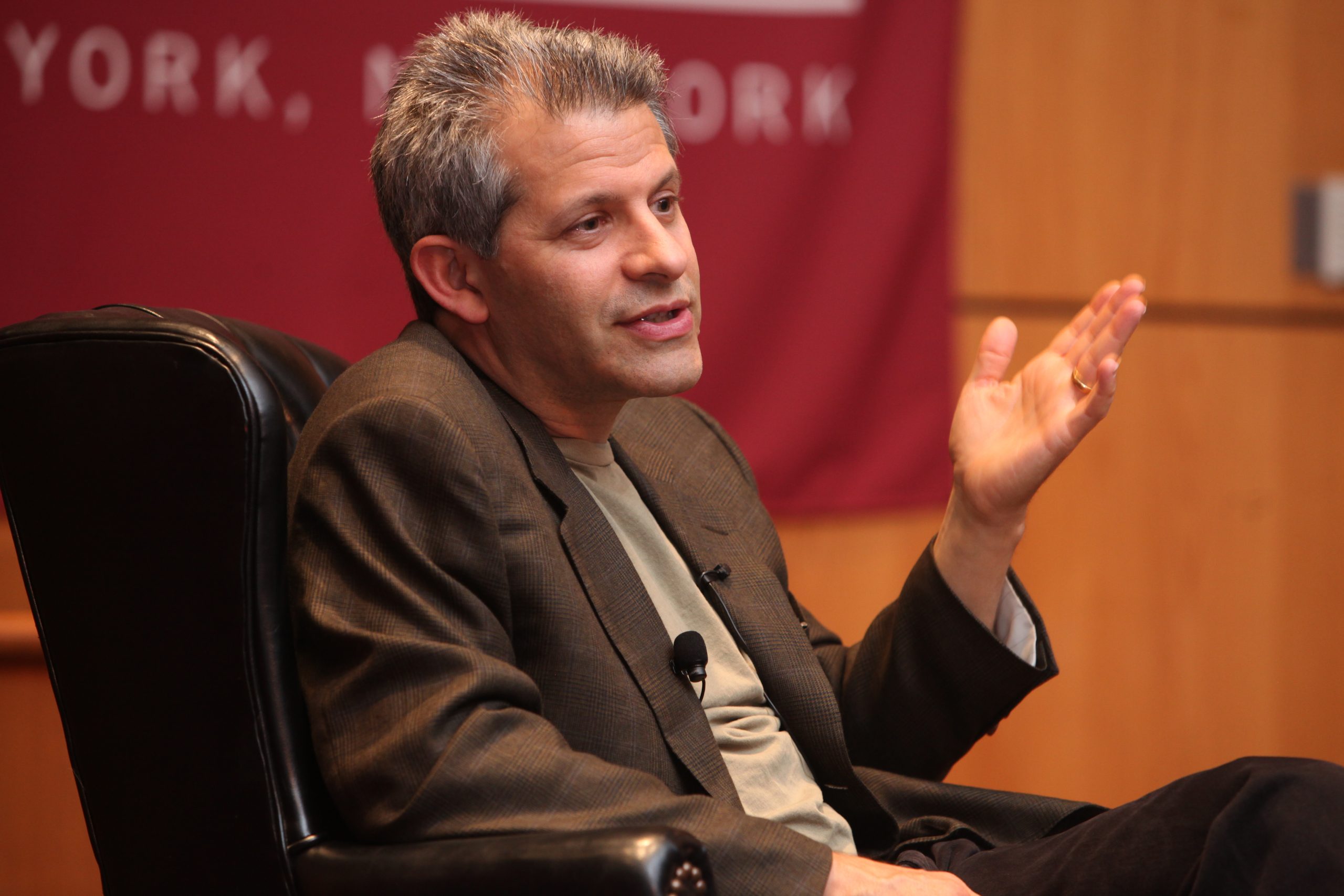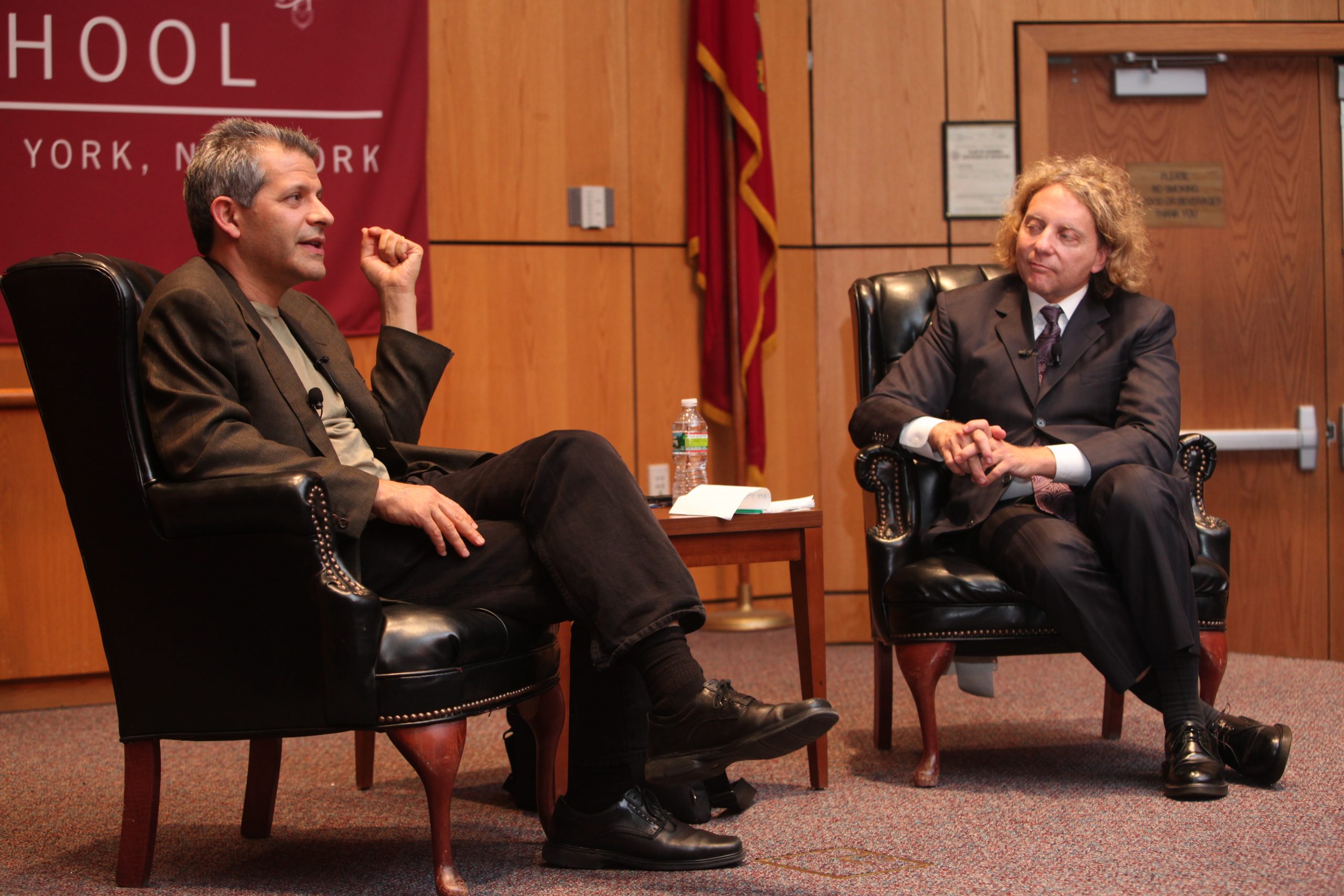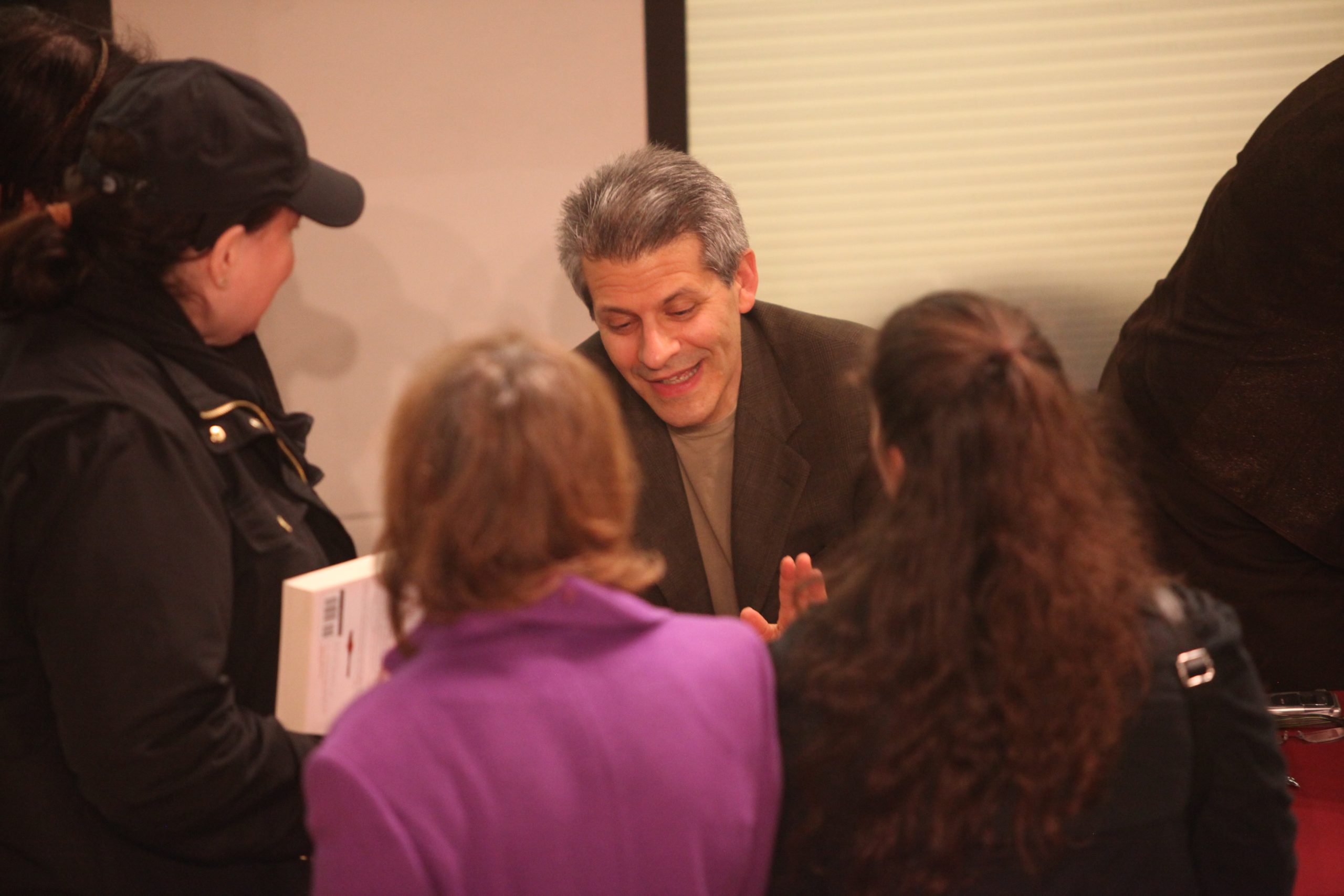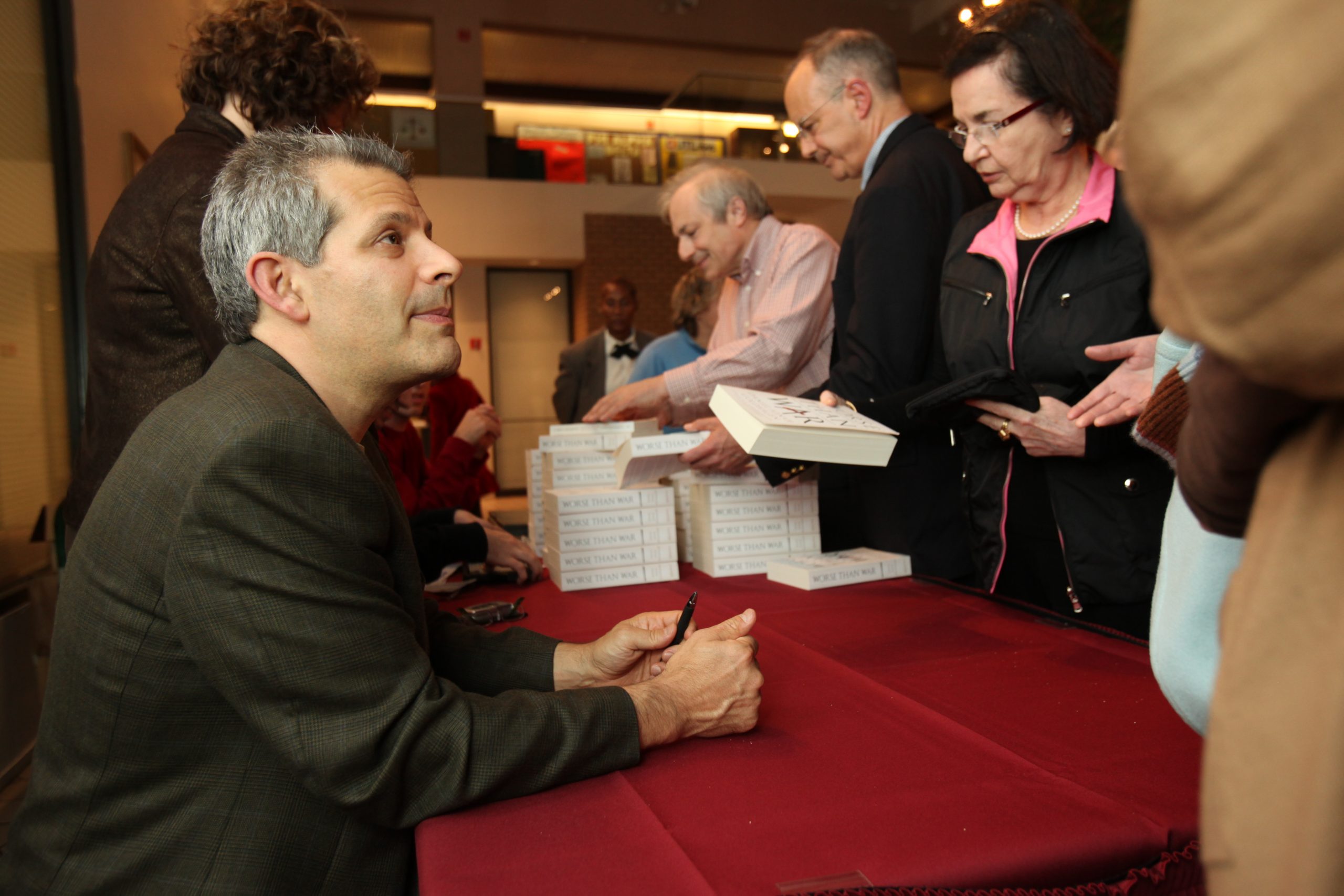Worse Than War: Screening and Conversation
This documentary that premiered on PBS follows Daniel Jonah Goldhagen’s travels, teachings, and interviews in nine countries around the world. The film provides an unprecedented journey in exploring the causes where genocide has taken place.
Politician, Haris Silajdzic, and author, Daniel Jonah Goldhagen, joined FOLCS for a screening and discussion of Worse Than War.
Watch more events like Worse Than War: Screening and Conversation here.




/
Haris Silajdzic
Politician
Dr. Haris Silajdžić, chairman of the presidency of Bosnia and Herzegovina, was sworn in as the Bosniak member of Bosnia and Herzegovina’s tripartite presidency on November 6, 2006.
Daniel Jonah Goldhagen
Author
Daniel Jonah Goldhagen, a former Harvard professor, is the prizewinning and internationally bestselling author of The Devil That Never Dies: The Rise and Threat of Global Antisemitism (Little, Brown), to be published in September. His previous books have been translated into sixteen languages and have garnered wide acclaim in the United States and around the world. These works include Worse Than War: Genocide, Eliminationism, and the Ongoing Assault on Humanity (PublicAffairs, 2009), A Moral Reckoning: The Role of the Catholic Church in the Holocaust and Its Unfulfilled Duty of Repair (Knopf, 2002), and Hitler’s Willing Executioners: Ordinary Germans and the Holocaust (Knopf, 1996), for which Goldhagen won Germany’s triennial Democracy Prize. Worse Than War is also the basis for the groundbreaking PBS documentary of the same name, which can be seen at pbs.org/worsethanwar.
Goldhagen has written for newspapers and magazines across the globe, including The New York Times, The Sunday Times, The Guardian, Die Zeit, Süddeutsche Zeiting, El Pais, Corriere della Sera, and Haaretz. He has appeared on television in many countries, from The Today Show to Newsnight, and has been the subject of many profiles including in The New York Times Magazine and Dateline on NBC. Approximately 40 books have been published about him and his work in multiple languages.
Goldhagen received a B.A., M.A., and Ph.D. from Harvard University and then taught in Harvard’s Government and Social Studies departments, until he decided to devote himself to writing. A political scientist by discipline, he lectures frequently nationally and internationally on diverse subjects, including on antisemitism, genocide, the Holocaust, and the Catholic Church and Jews.
Bob Simon
Journalist
Bob Simon, the most honored journalist in international reporting, has been contributing regularly to 60 Minutes since 1996. He was also a correspondent for all seven seasons of 60 Minutes II, from January 1999 to June 2005, after which he became a full-time 60 Minutes correspondent. The 2009–10 season is his 14th on the broadcast.
He has covered virtually every major foreign story in the last three decades and has accumulated scores of major awards along the way. His remarkable career was recognized with a Lifetime Achievement Emmy in September 2003. In 2005, Simon was the first journalist to interview Elian Gonzalez, the Cuban boy at the center of the international incident between his country and the U.S. government, five years after his ordeal.
Simon’s news magazine work has won him nine of his 23 Emmy awards, the latest five for “The King of Sushi,” on the over-fishing of bluefin tuna; “Curveball,” the investigation of the Iraqi defector who provided the faulty testimony that eventually led America to war; “The Oil Sands” (2006), about extracting petroleum from Canada’s sand pits; “The Sea Gypsies” (2005), a report on the island-dwelling Moken peoples of Southeast Asia; and “Aftershock” (2005), about paramedics saving lives after an earthquake in Pakistan. Other winners broadcast on the Sunday edition are his profile of Italian actor-director Roberto Benigni (1999) and “Dirty War” (2000), a report about the Argentine government’s murderous campaign against dissidents. While at “60 Minutes II,” Simon received an Emmy Award (2000) and an Alfred I. duPont-Columbia University Award (2001) for “Shame of Srebrenica,” a report on heinous acts of genocide in Europe, and another Emmy Award (2000) for “The Lost Children,” a report on orphaned children shipped to Australia. He also received an Emmy Award (2001) and an IRE certificate (2001) for his investigation into the fate of a Navy pilot shot down in Operation Desert Storm. Simon has been honored with a Peabody Award (2000) for “a body of work by an outstanding international journalist on a diverse set of critical global issues.” In 1996 he received an Overseas Press Club (OPC) Award, a Peabody Award, and two Emmy Awards for his coverage of the assassination of Israeli Prime Minister Yitzhak Rabin, and another OPC Award in 1991 for his coverage of the Gulf War.